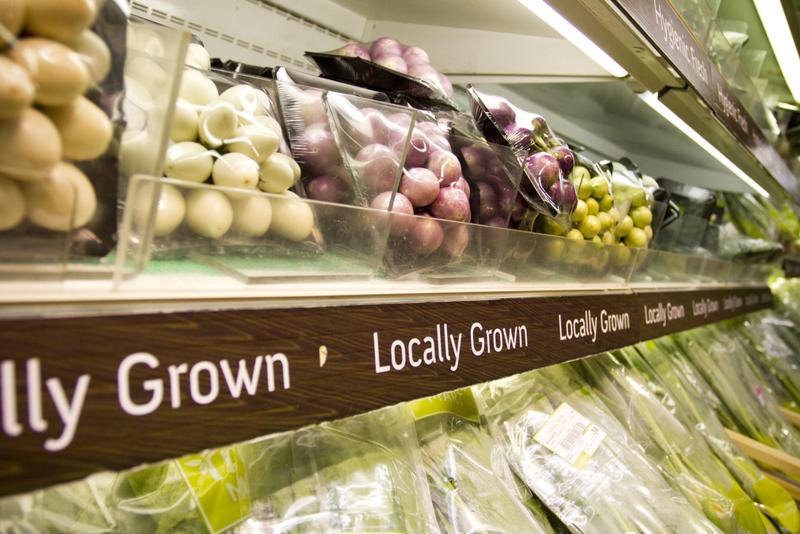The Consumer Price Index, which shows the rate of inflation based on the cost of goods from 12 months ago, rose in June to 9.1%, as reported by the Department of Labor. The last time the CPI was this high was back in the early 1980s. Prior to the release of the data, economists predicted the rate of increase would be 8.8%.
The news likely doesn't come as a surprise to Americans. From the cost of fuel to rising electric bills, the price of just about everything is up appreciably relative to this same time a year ago. Lane Rhame, chief economist for FS Investments, told The Wall Street Journal that a market with too many dollars chasing after too few goods is the great equalizer; everyone feels the impact.
"Inflation makes everything difficult," Rhame explained. "It erodes your savings, your wages, your profits. It's punishing everybody."
This includes business owners. Because wholesale prices are also surging, which is documented by the Producer Price Index, companies are being forced to raise what they charge their customers for their goods and services to avoid selling at a loss. This includes manufacturers, restaurateurs and shop owners, many of whom already operate on very slim margins.

Some question how inflation will wind up influencing the supply chain, both in terms of whether demand will slow as a result — allowing prices to diminish — and what changes business owners will make to their inventory.
James Knightley, chief international economist for ING, told CNBC that much of what happens will be determined by how the Federal Reserve responds to the latest indication of raging inflation.
"With supply conditions showing little sign of improvement the onus is the on the Fed to hit the brakes via higher rates to allow demand to better match supply conditions," Knightley warned. "The recession threat is rising."
Awash in inventory
Meanwhile, retailers are trying to decide what to do about their inventory situation. Throughout much of the pandemic, big box organizations, as well as small businesses, were short of the items families were looking to purchase. But with demand slowing down, retailers appear to have overestimated buyers' appetite for merchandise. As The Wall Street Journal reported, retailers are strategizing on their own as to what to do, with some offering deep discounts online and in store while others are waiting to sell later when demand will likely intensify.
Prior to the Labor Department's release of the CPI, the White House forecast that the figure would likely be elevated. The Biden administration issued a press release shortly afterward, reassuring Americans that "tacking inflation is my top priority." The White House also said it will continue to release oil from the strategic petroleum reserve.



Post A Comment:
0 comments so far,add yours